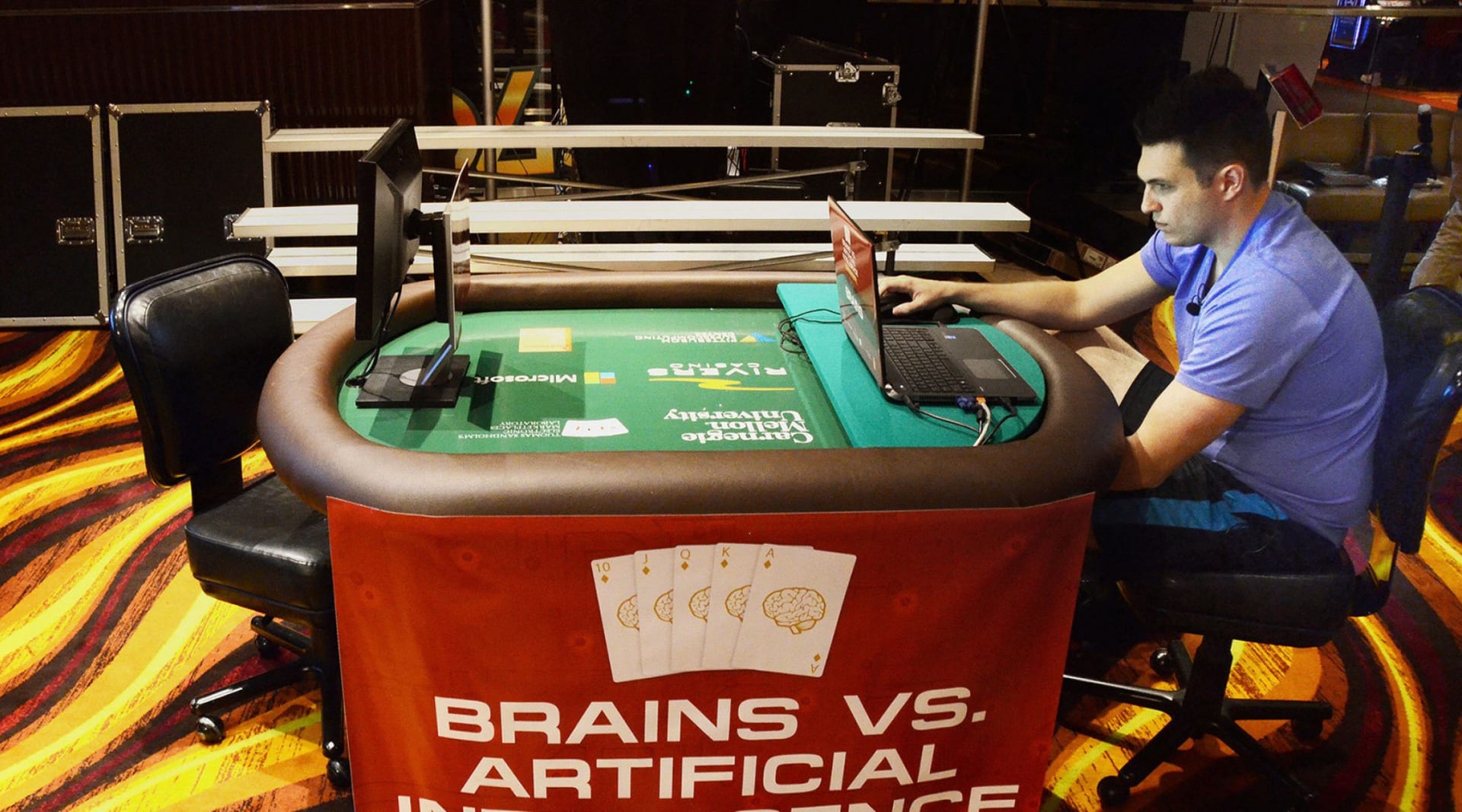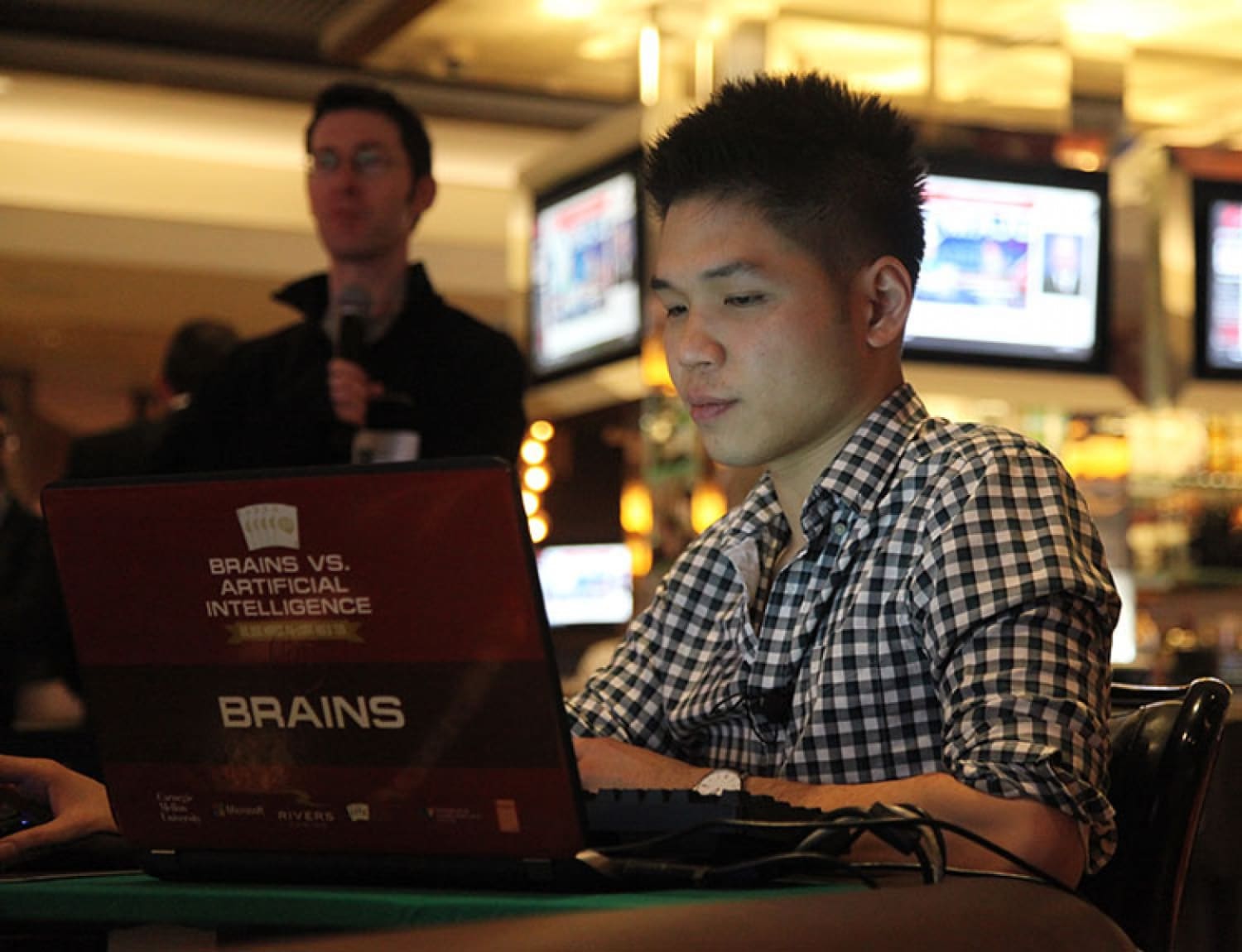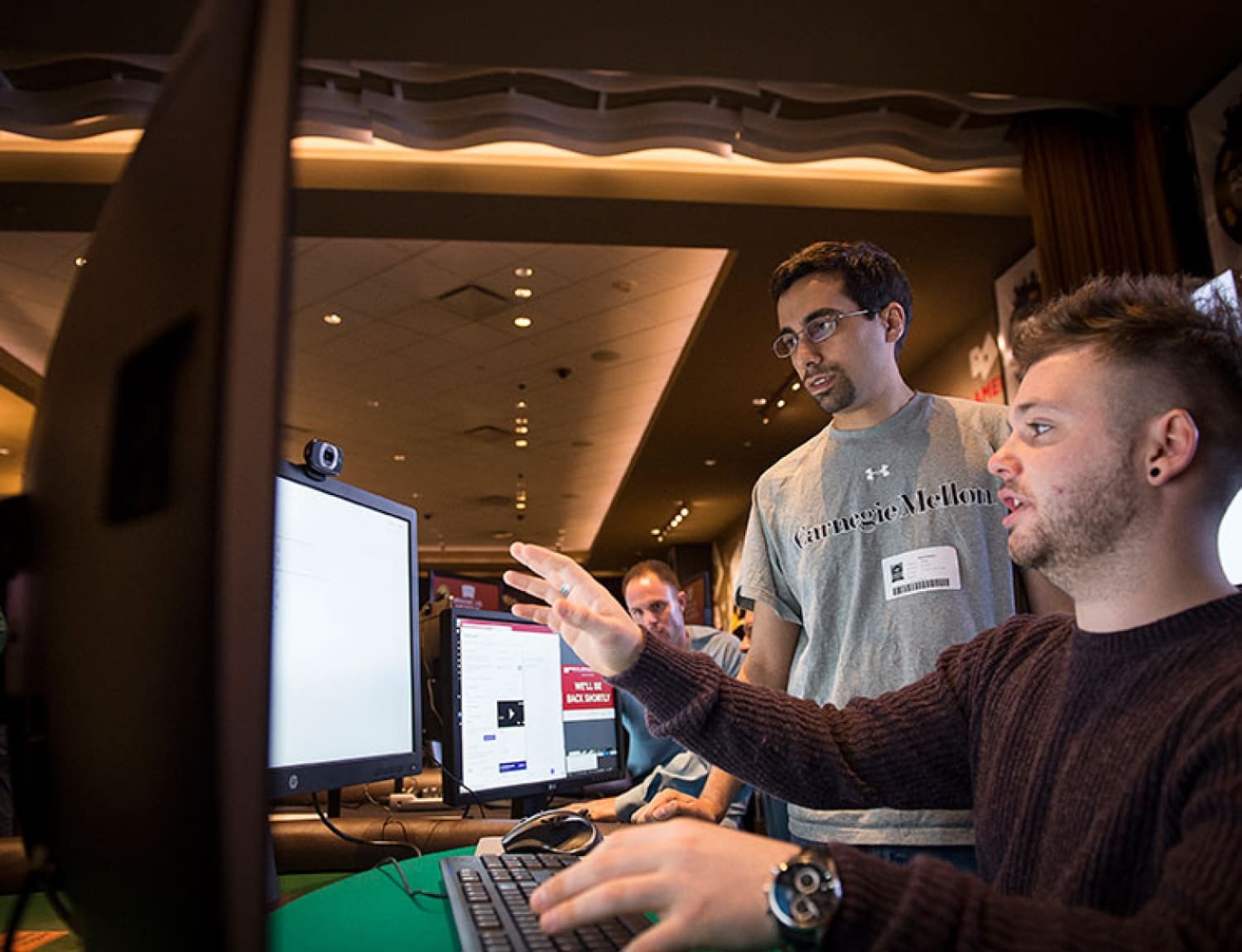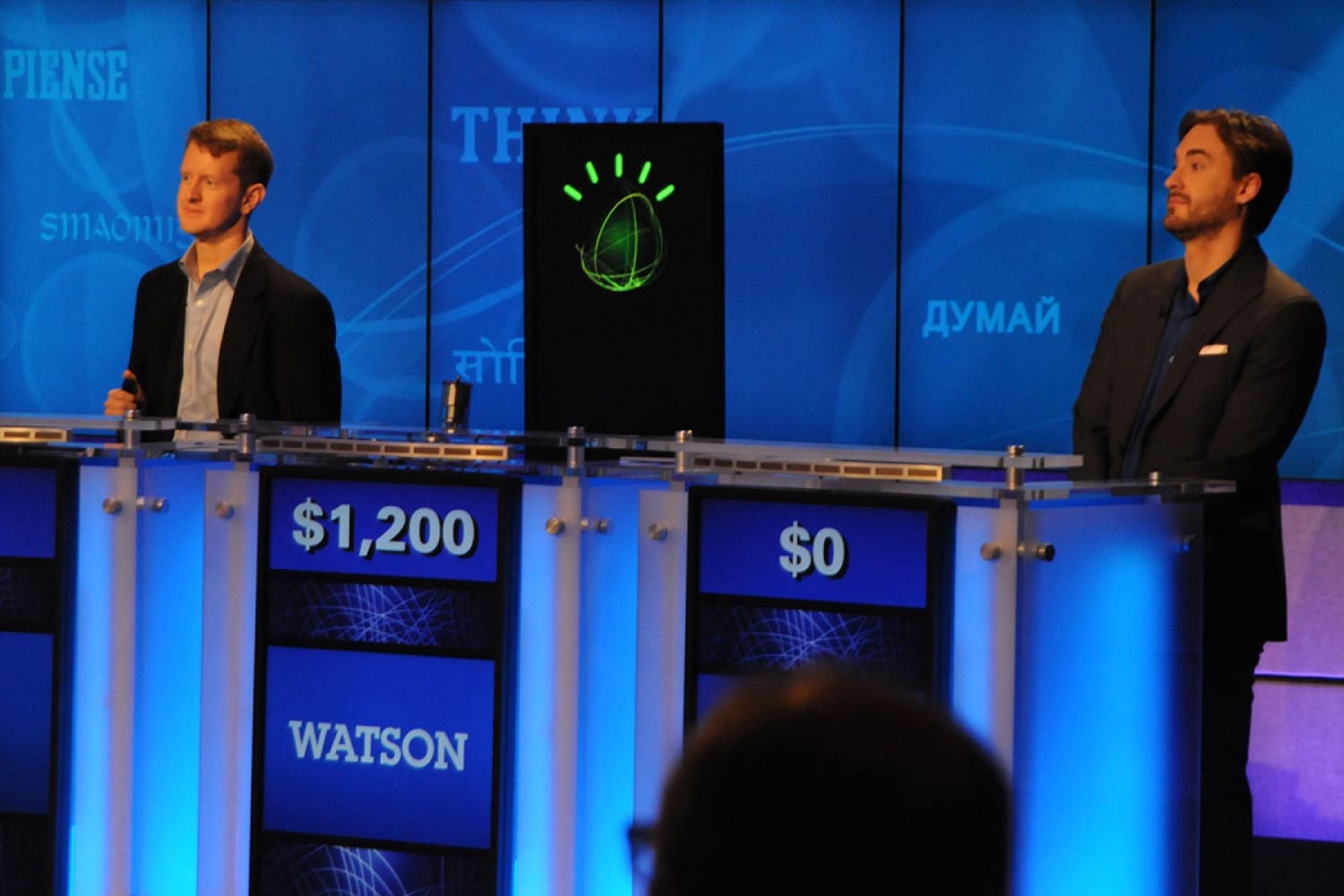Libratus, a program created by researchers at Carnegie Mellon University, has demonstrated new capabilities for artificial intelligence after beating four poker champions in a 20-day tournament for the first time. For marketers, whose work involves situations that are much more similar to poker than to board games like chess and Go, the milestone could signal new possibilities for the use of AI.
Developed by Tuomas Sandholm, professor of computer science, and his PhD student Noam Brown, Libratus took on poker professionals Dong Kim, Jason Les, Jimmy Chou and Daniel McAulay and ended up winning more than $1.7 million in chips at Rivers Casino in Pittsburgh, Pennsylvania.
AI bots have beaten human experts at many tasks, from IBM Watson’s Jeopardy triumph in 2011 to DeepMind’s AlphaGo win in 2016. What makes this victory different is that the AI was able to use imperfect information to win. Poker is a complex game that requires intuition, reasoning and an ability to bluff. It’s different from other recreational games that AI has won in the past because an opponent’s hand is hidden and it is impossible to know with certainty what a player has.





